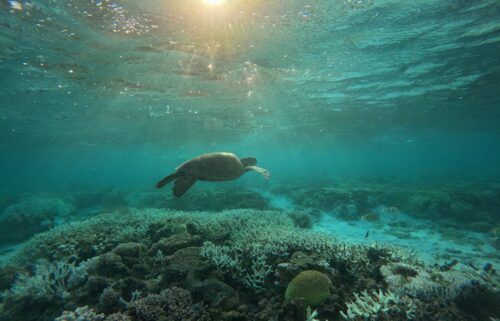State’s annual quarantine of sport-harvested mussels starts Thursday
The annual quarantine on sport-harvested mussels gathered along the California coast starts Thursday, state health officials said.
This quarantine applies to all species of mussels harvested along the California coast, as well as all bays and estuaries.
“This quarantine is in place to protect the public against poisoning that can lead to severe illness, including coma and death,” said Dr. Ron Chapman, director of the California Department of Public Health
Chapman said its critical that people follow the quarantine because the toxins found in mussels have no known antidotes and aren’t reliably destroyed by cooking.
The quarantine is aimed at protecting the public from paralytic shellfish poisoning and domoic acid poisoning. Both of these are linked to plankton consimed by bivalve shellfish like mussels and clams.
In Santa Cruz and Monterey counties, an advisory remains in effect to avoid eating any bivalve shellfish sport-harvested in these two counties. A second advisory, to avoid eating the internal organs of commercially or recreationally caught anchovies, sardines, or crab taken from Monterey and Santa Cruz counties, also remains in effect.
The advisories don’t include commercially harvested shellfish from Santa Cruz and Monterey counties because commercial shellfish harvesters in California are certified by the state and are subject to strict testing requirements.
Paralytic shellfish poisoning symptoms can appear within minutes of eating toxic shellfish, and typically include a loss of balance, lack of muscular coordination, slurred speech and difficulty swallowing.
Domoic acid poisoning can occur within 30 minutes to 24 hours of eating toxic seafood. Symptoms can range from the mild — vomiting, diarrhea, cramps and dizziness — to severe, including difficulty breathing, confusion and seizures.
Both types of poisoning can even be fatal in some cases.
More information about the mussel quarantine is available online, or by calling state health department’s Biotoxin Information Line at 1-800-553-4133.


